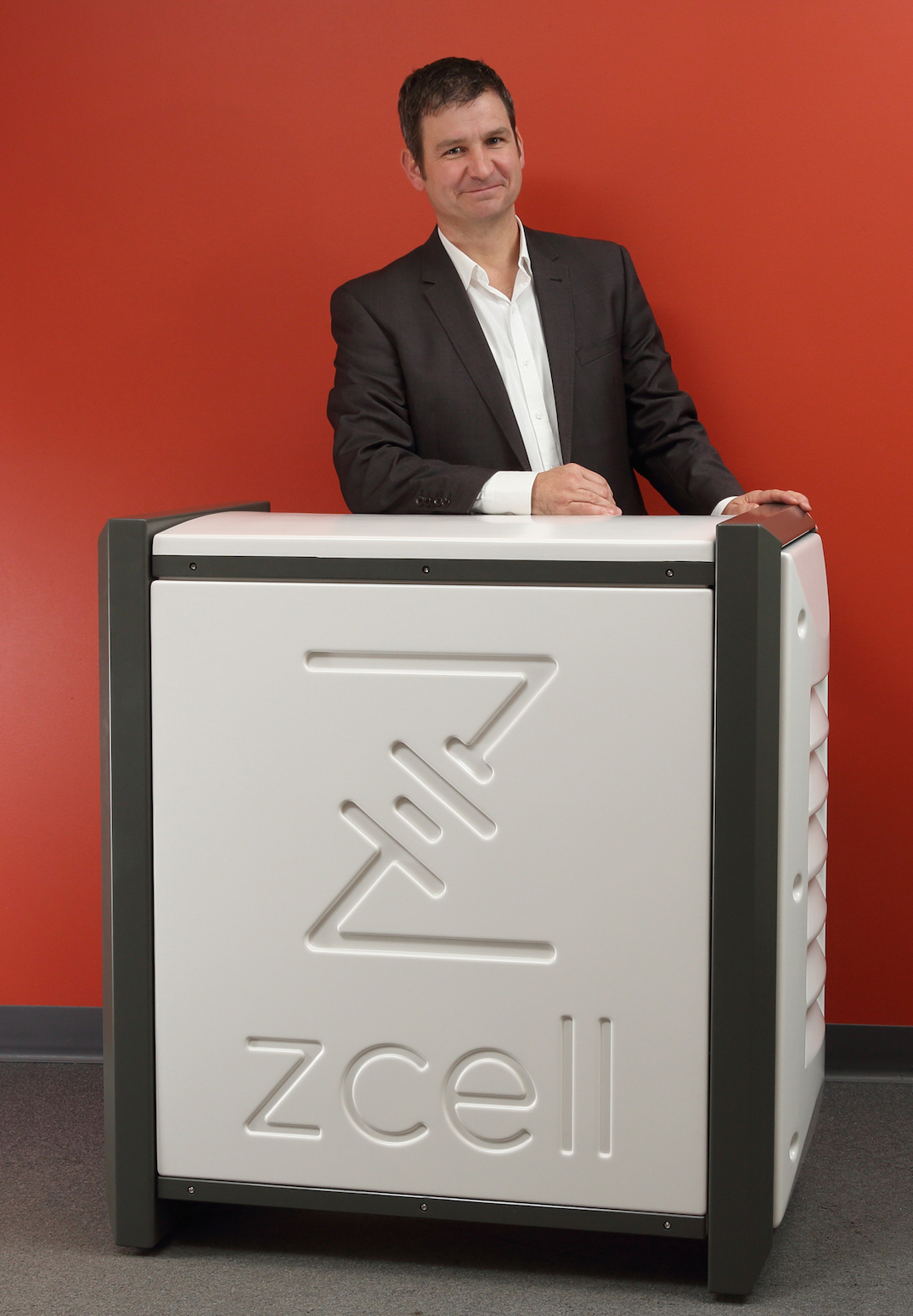Battery maker continues to cut costs, but isn’t worried about fireproofing

Hot … Redflow says the liquid in its batteries is a fire retardant, so it isn’t concerned over industry worries about fireproofing. Picture: Getty
Redflow has just completed a major push to move its manufacturing operations to Thailand as part of the company’s move to introduce a number of cost-reduction initiatives.
The Australian battery company was manufacturing in Mexico, and has moved all operations to Thailand, in South East Asia.
The company says the manufacturing site in Thailand will enable the company to leverage proximity to proven markets and reduce supply chain costs.
Redflow (ASX:RFX) chief operating officer Richard Aird said the process of disengaging the company’s former manufacturing location was substantially completed.
The transition to Thailand and key product cost-down projects are critical to the future success of the company, he said.
“Redflow staff are keen and committed to achieving the steps needed to maximise our prospects of future success,” Mr Aird said.
Global sales director Andrew Kempster told Stockhead one of the biggest cost reductions had been transport costs to key markets. He was not willing to speculate on share price dynamics.
Mr Kempster did confirm that the company has reduced its focus on North American and European markets. New key markets would be Australia, South East Asia and Africa, he said.
“We’ve already held a manufacturing contract with this manufacturer in Thailand and have made the decision to give them additional work.”
A different kind of battery

Redflow Limited has developed and is manufacturing the world’s smallest zinc-bromine flow battery.
Redflow’s ZBM2 battery (including its ZCell product) differs from traditional lead-acid and lithium batteries, because it can discharge 100 per cent of its stored energy without causing any damage or degradation to the battery.
ZBM2 can also retain 100 per cent of its 10 kilowatt hour energy storage capacity for many years (whereas capacity degrades with use in other battery chemistries).
Redflow received its first major battery order from the telecommunications sector in May this year, worth about $800,000 through partner Vertiv. The order supports the first stage of a multiple stage project.
The tech has had a few bumps along the way, with the company forced to suspend deliveries earlier this year after some batteries were found to have problems.
‘We’re already fire resistant’
However Redflow has managed to sidestep the controversial discussions being had by its industry counterparts over battery storage in residential homes.
A number of battery producers are crying foul over a discussion paper produced by Standards Australia that suggests that batteries be stored in a fireproof cabinet for safety reasons.
Standards Australia has received a barrage of criticism over the proposal, with the industry fearing such restrictions would amount to an effective ban on lithium-ion battery storage devices inside homes.
“The liquid in our battery is a fire retardant, so if this standard was to be introduced, it wouldn’t affect the storage of our battery whatsoever,” Mr Kempster said.
UNLOCK INSIGHTS
Discover the untold stories of emerging ASX stocks.
Daily news and expert analysis, it's free to subscribe.
By proceeding, you confirm you understand that we handle personal information in accordance with our Privacy Policy.








